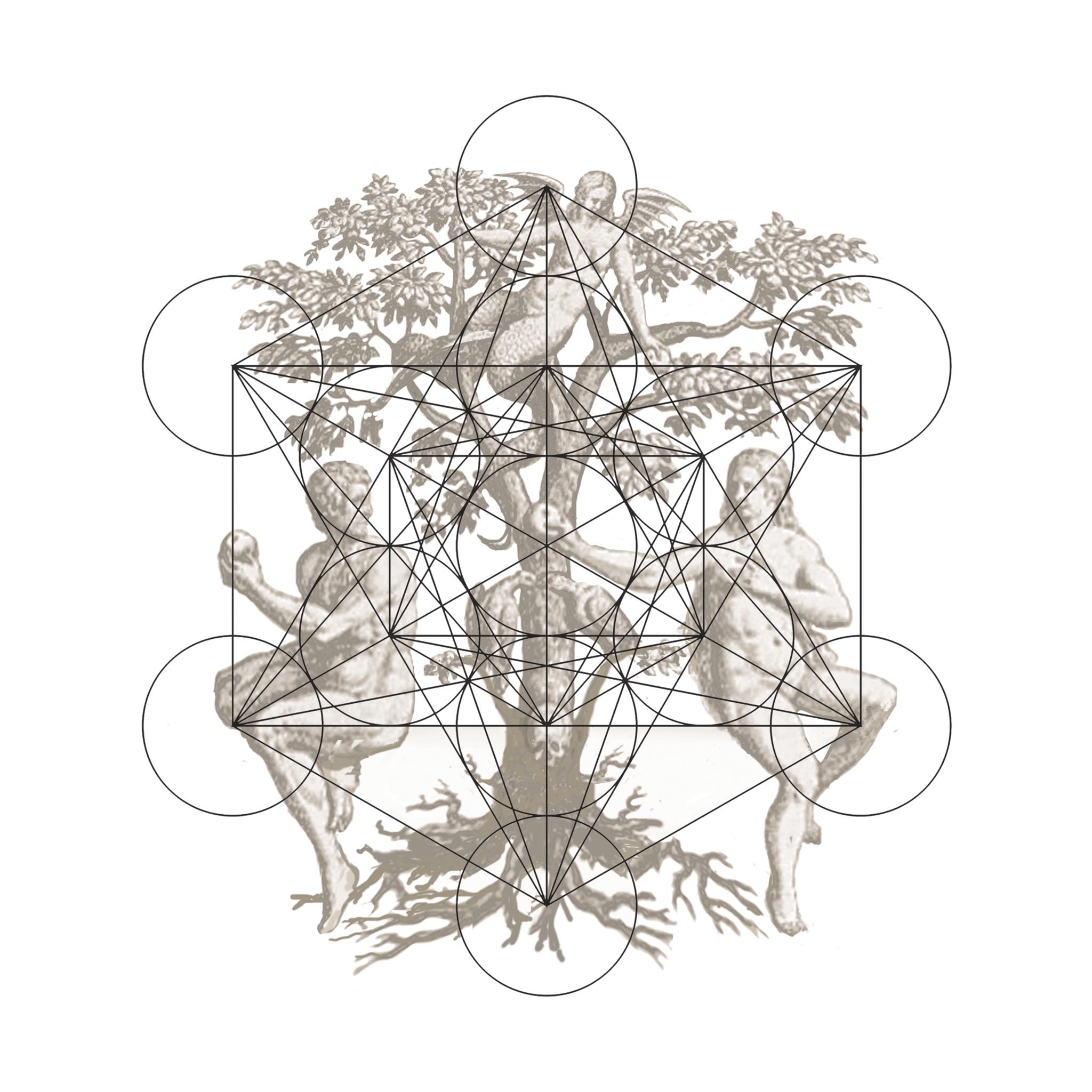
INTRODUCTION :
Featuring : Massimo Angei, Simon Averill, Kristoffer Axen, Sarah Ball, Samuel Bassett, Harriet Bell, Trevor Bell, Paul Benney, Jim Carter, Mat Chivers, Kate Clark, David Cooper, Phoebe Cummings, Andrew Hardwick, Rebecca Harper, Youki Hirakawa, Simon Hitchens, Henry Hussey, Sax Impey, Harminder Judge, Arthur Lanyon, Andrew Litten, Alastair Mackie, Kate MccGwire, Jamie Mills, Richard Nott, Si On (formerly Hyon Gyon), Eeva Peura, Michael Porter, John Robinson, James Seow, Tim Shaw, Roger Thorp & Jesse Leroy Smith, Joy Wolfenden Brown, Evelyn Williams and Carlos Zapata.
Read more/less
The nightingale and the presence of the nightingale becomes not simply about the bird or the song, but about human experience in general - one of conflicting duality - of connection and severance, of sight and blindness. The glimmer of hope is the glimpse towards wider connection and escape through a fissure in the wall of our condition. Despite the fact that we remain ever aware of the confines that bind us, of life and mortality, through a breeching, we can, perhaps, attain a little lasting liberation or transcendence.
This online mixed exhibition offers a selection of works, which for me, withhold within them a complimentary, liminal, mystery to Keats’ all too pertinent masterpiece.
Joseph Clarke, 2020
ARTWORKS (CLICK IMAGE FOR DETAILS) :
ODE TO A NIGHTINGALE by John Keats, 1819 :
My sense, as though of hemlock I had drunk,
Or emptied some dull opiate to the drains
One minute past, and Lethe-wards had sunk:
'Tis not through envy of thy happy lot,
But being too happy in thine happiness,—
That thou, light-winged Dryad of the trees
In some melodious plot
Of beechen green, and shadows numberless,
Singest of summer in full-throated ease...
Read more/less
O, for a draught of vintage! that hath been
Cool'd a long age in the deep-delved earth,
Tasting of Flora and the country green,
Dance, and Provençal song, and sunburnt mirth!
O for a beaker full of the warm South,
Full of the true, the blushful Hippocrene,
With beaded bubbles winking at the brim,
And purple-stained mouth;
That I might drink, and leave the world unseen,
And with thee fade away into the forest dim:
Fade far away, dissolve, and quite forget
What thou among the leaves hast never known,
The weariness, the fever, and the fret
Here, where men sit and hear each other groan;
Where palsy shakes a few, sad, last gray hairs,
Where youth grows pale, and spectre-thin, and dies;
Where but to think is to be full of sorrow
And leaden-eyed despairs,
Where Beauty cannot keep her lustrous eyes,
Or new Love pine at them beyond to-morrow.
Away! away! for I will fly to thee,
Not charioted by Bacchus and his pards,
But on the viewless wings of Poesy,
Though the dull brain perplexes and retards:
Already with thee! tender is the night,
And haply the Queen-Moon is on her throne,
Cluster'd around by all her starry Fays;
But here there is no light,
Save what from heaven is with the breezes blown
Through verdurous glooms and winding mossy ways.
I cannot see what flowers are at my feet,
Nor what soft incense hangs upon the boughs,
But, in embalmed darkness, guess each sweet
Wherewith the seasonable month endows
The grass, the thicket, and the fruit-tree wild;
White hawthorn, and the pastoral eglantine;
Fast fading violets cover'd up in leaves;
And mid-May's eldest child,
The coming musk-rose, full of dewy wine,
The murmurous haunt of flies on summer eves.
Darkling I listen; and, for many a time
I have been half in love with easeful Death,
Call'd him soft names in many a mused rhyme,
To take into the air my quiet breath;
Now more than ever seems it rich to die,
To cease upon the midnight with no pain,
While thou art pouring forth thy soul abroad
In such an ecstasy!
Still wouldst thou sing, and I have ears in vain—
To thy high requiem become a sod.
Thou wast not born for death, immortal Bird!
No hungry generations tread thee down;
The voice I hear this passing night was heard
In ancient days by emperor and clown:
Perhaps the self-same song that found a path
Through the sad heart of Ruth, when, sick for home,
She stood in tears amid the alien corn;
The same that oft-times hath
Charm'd magic casements, opening on the foam
Of perilous seas, in faery lands forlorn.
Forlorn! the very word is like a bell
To toll me back from thee to my sole self!
Adieu! the fancy cannot cheat so well
As she is fam'd to do, deceiving elf.
Adieu! adieu! thy plaintive anthem fades
Past the near meadows, over the still stream,
Up the hill-side; and now 'tis buried deep
In the next valley-glades:
Was it a vision, or a waking dream?
Fled is that music:—Do I wake or sleep?





































